The Picture Book in 2016: Social Themes and Lessons
I recently received a very interesting, if puzzling, question. A friend of mine needed to know, for professional reasons, what I would consider the top themes in picture books these days. By “themes” I don’t mean trends but rather emotional or social lessons for young readers. You might even go so far as to call them the morals we’re trying to impart upon our 21st century offspring.
This is not as easy a question. While I attempt to take meticulous notes on every picture book I read, it’s far easier to keep track of, say, movie cameos in 2016 books than overarching societal anxieties. Still, I managed to whip up a list and then thought, why not share it widely?
ADVERTISEMENT
ADVERTISEMENT
Here then are the top themes I’m detecting in picture books this year.
- It’s Okay to Make Mistakes – Particularly as it applies to girls in science or math, but also to how kids do their own art. I’ve seen a lot of books where a kid is making art, messes it up in some way, and then learns how to turn it into something new. By the same token, a lot of books are about how you have to make mistakes to get better at something. And it’s not about failing once or twice but a LOT. Not mention asking as many questions as possible! Hopefully those books where someone tries something three times and gets it done perfectly on the third will be a thing of the past soon.
A Good Example Would Be:
Ada Twist, Scientist by Andrea Beaty, ill. David Roberts
Though you might just as easily apply this to Ada’s predecessor Rosie Revere, Engineer.
- Gender Roles – Most notably when it comes to boys in dresses (though no girls identifying as boys) as well as just how kids interact with one another. Kids learn gender roles VERY early and enforce those roles with one another. There’s a great book call NutureShock for adults that talks a lot about this. Picture books have always liked this theme (William’s Doll came out in the 1970s, after all) but now it’s ramping up again.
A Good Example Would Be:
I’m a Girl by Yasmeen Ismail
I was initially going to go with the new James Howe picture book Big Bob, Little Bob, but I already mentioned that one in an earlier post. There are remarkably few books where gender stereotypes for girls are as thoroughly knocked to the floor and trampled upon than what you’ll find here. It even saves space to kick to the curb some male gender stereotypes as well at the end. I’m a fan.
- Economic Disparity – We’re finally seeing some books that acknowledge that not all kids have the same resources at home. Some kids have parents who lose their jobs. Others have single family homes. And not every kid you know has parents who can afford to buy them a bike.
A Good Example Would Be:
A Bike Like Sergio’s by Maribeth Boelts, ill. Noa Z. Jones
I think what I love so much about this is the easy breezy ignorance of Sergio. He simply cannot conceive of a world where a boy’s parents wouldn’t be able to buy their son a bike if they wanted to. Meanwhile the character of Ruben is placed in the awkward position of having to hide his family’s economic situation from his best friend. And this is a picture book! We’re finally seeing this topic handled in something other than a Charlie Bucket kind of way. I’m very pleased.
- Unplug – Possibly the MOST popular theme in the past three to four years. Very Willy Wonka in the moralizing sometimes (imagine what Mike TeeVee could have done with a personal device), but important to adults. Many is the picture book where someone turns off all their devices and discovers the wide and wonderful world.
A Good Example Would Be:
Tek, the Modern Cave Boy by Patrick McDonnell
What I like about this book is that since you’ve got a caveperson with a cell phone, adding dinos to the mix really isn’t going to upset anyone. You’ve already gone beyond the pale.
- Try to See It Their Way (or, Everyone’s a Person – Even Mean People) – Picture books where you have to see it from another person’s point of view are becoming very sophisticated these days. Some of them will also show that bullies sometimes have problems at home or at school that cause them to act out. Though, if we’re going to get technical about it, even The Berenstain Bears and the Bully discussed this decades ago.
A Good Example Would Be:
Eddie the Bully by Henry Cole
Bully books aren’t going away anytime soon. Nuanced bully books? That might mark the second wave of titles.
- Apologize When You’re Wrong – Oddly popular as a theme. Owning up to your own mistakes is hard. Books are making that infinitely clear, but also show the right way to do it.
A Good Example Would Be:
What’s Up, Chuck? by Leo Landry
I think this might fall more into the “early reader” category vs. “picture books” but I care not. The interesting thing about this storyline is that when our main character has acted like a spoiled brat for not winning a contest’s first prize medal for the first time in three years, the person who does win gives Chuck (our hero) an out. But Chuck doesn’t take it, and apologizes like a pro. It’s really well executed in a book this simple. Check it out sometime.
- Try Something New – Whether it’s food or school or new friends or whatever, trying something new is a big time theme.
A Good Example Would Be:
School’s First Day of School by Adam Rex, ill. Christian Robinson
So my daughter started Kindergarten this week and I figured this book might make a good gift to her Kindergarten teacher. Turns out, it’s been a HUGE hit in the school, with other teacher vying to borrow it. What I like about it, though, is that it takes time to acknowledge that when you try something new it isn’t instantaneously fantastic. Things go wrong. It takes time to enjoy something you’ve never done before.
And yes, you could argue that these are themes every year, but I feel like they’re particularly prevalent in 2016. What are you seeing that I’ve missed?
Filed under: Uncategorized
About Betsy Bird
Betsy Bird is currently the Collection Development Manager of the Evanston Public Library system and a former Materials Specialist for New York Public Library. She has served on Newbery, written for Horn Book, and has done other lovely little things that she'd love to tell you about but that she's sure you'd find more interesting to hear of in person. Her opinions are her own and do not reflect those of EPL, SLJ, or any of the other acronyms you might be able to name. Follow her on Twitter: @fuseeight.
ADVERTISEMENT
ADVERTISEMENT
SLJ Blog Network
2024 Books from Pura Belpré Winners
Winnie-The-Pooh | Review
Parsing Religion in Public Schools
ADVERTISEMENT



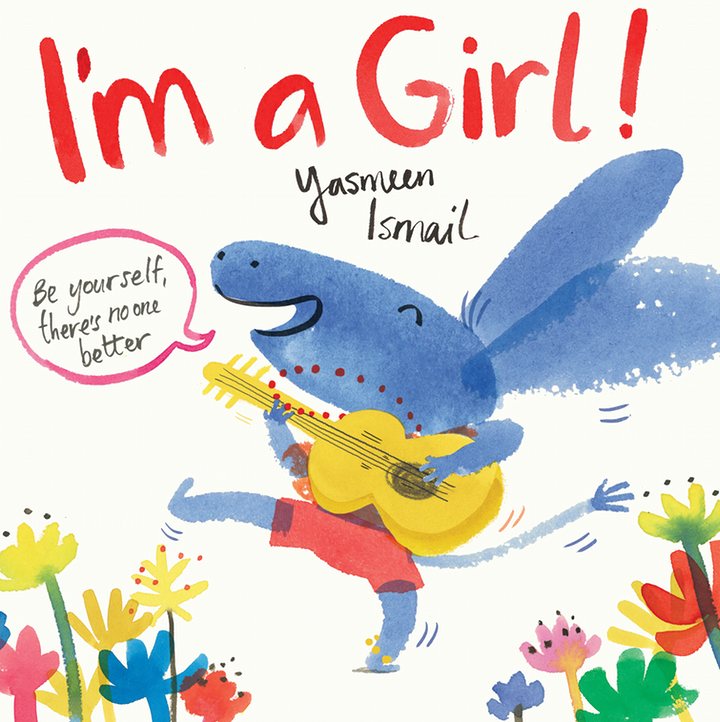
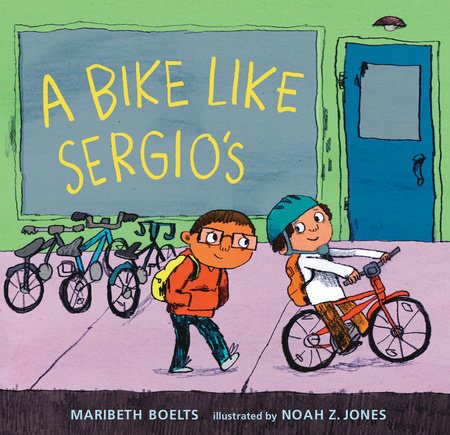



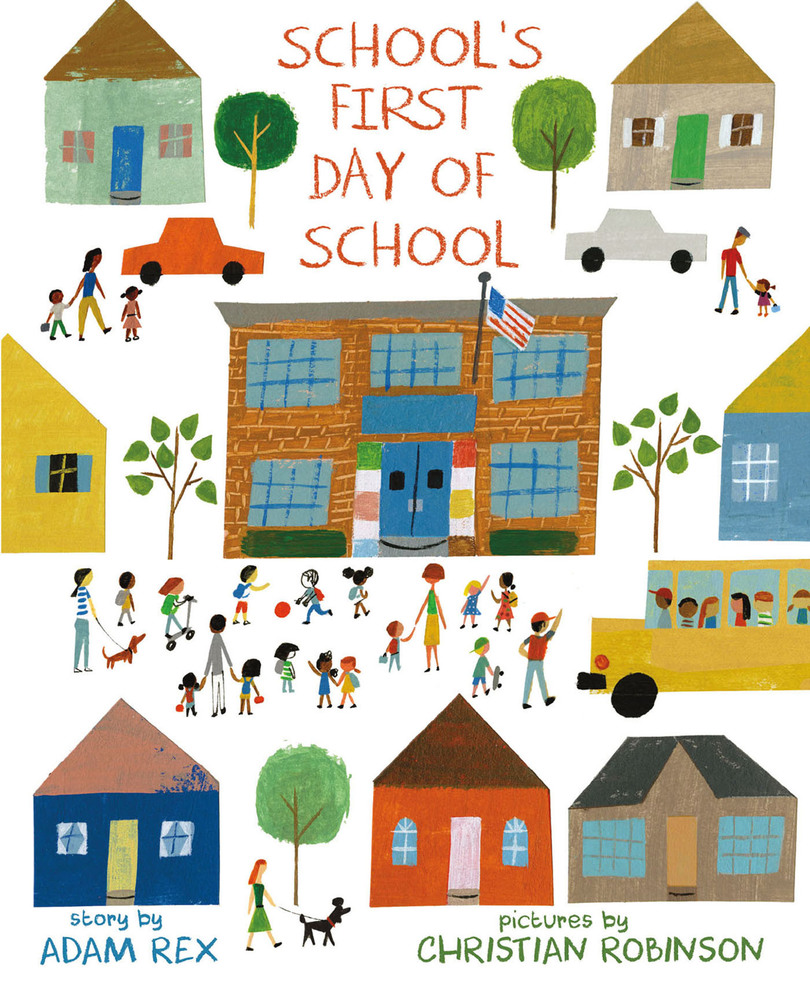

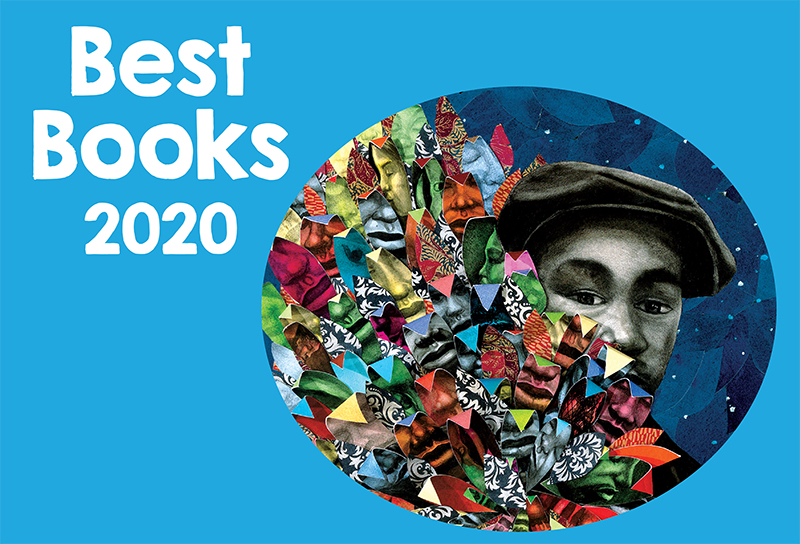
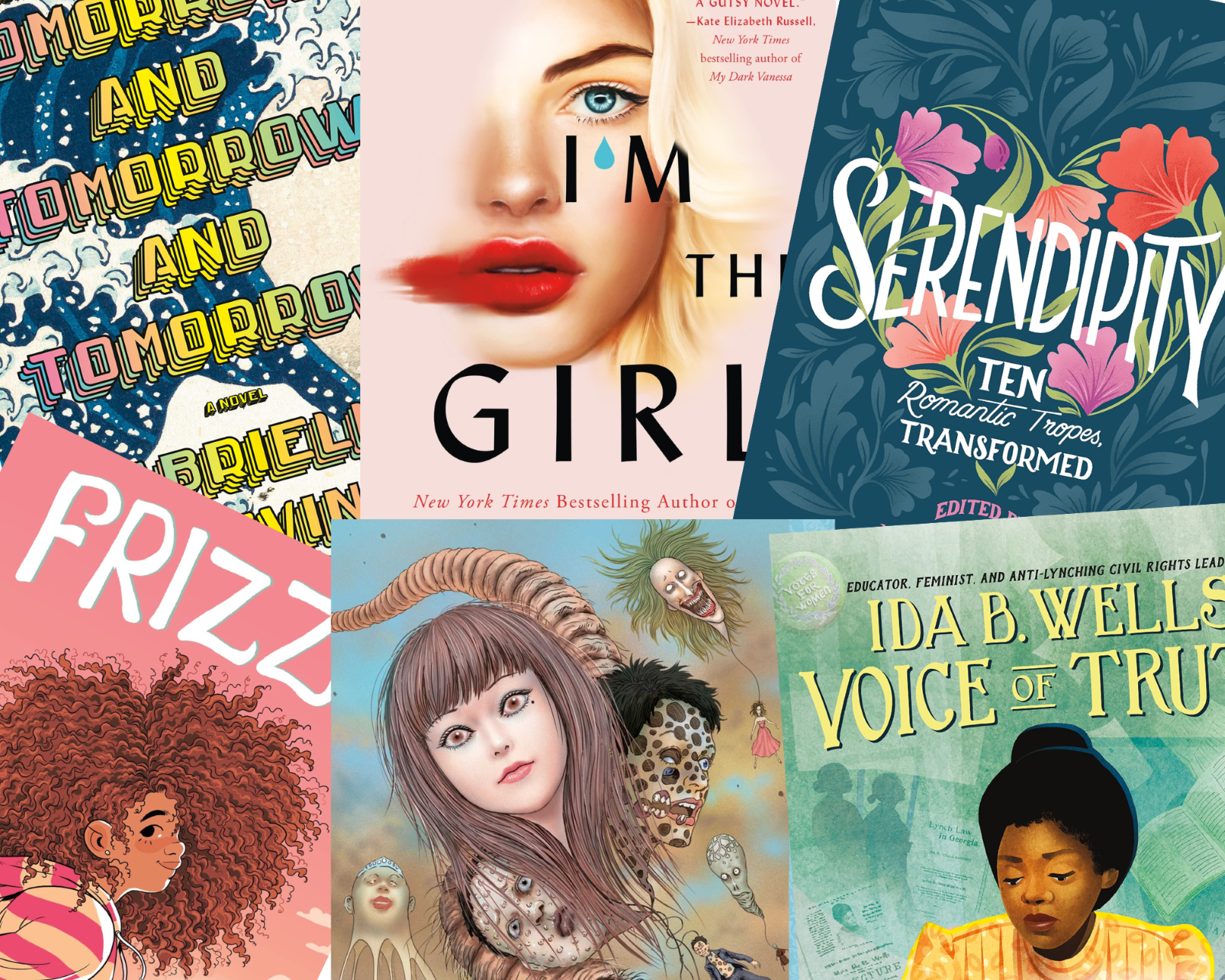
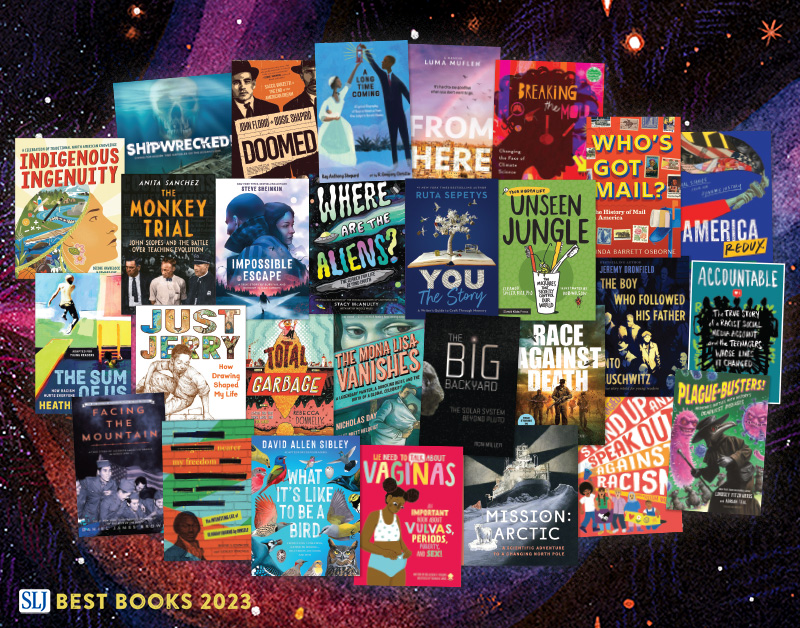


It’s certainly not unique to 2016, but the good ol’ theme “it’s okay to be different” is still alive and well. A new book where it’s on display is The Blue Penguin by Petr Horáĉek. (I also feel like penguins are staging a comeback, but that’s not really a theme in the emotional or social lesson sense of the word!)
I’m intrigued by the slow shift AWAY from so-called helicopter parenting and wonder if we’ll see it pop up more in books like COME HOME, ANGUS. I rambled about this here: https://www.kirkusreviews.com/features/theres-no-place-home/.
So, not necessarily something I’ve seen in other new picture books (though I’ll have to think about this), but I bet we’ll see more of this.
Come to think of it, Steve Breen’s A PERFECT MESS could, arguably, be placed in this category (helicopter parenting doesn’t always allow for messes, that is, yet this book celebrates it), though it also fits into “It’s Okay to Make Mistakes.”
Mmm. Now that’s interesting. The anti-helicopter parent book. I mean, she’s definitely hovering just out of sight in COME HOME, ANGUS, but it also gives him a sense of independence. I need to think long and hard about this one.
Are you familiar with the term/behavior of “drone parenting?” It’s all the rage nowadays…
Yes, that’s the point in the end, really. But the moment where she scolds him for being rude? That’s not something you saw in the NO, DAVIDs of the past (though Max *does* get sent to his room). It’s merely interesting and makes me wonder if we’ll see a sloooooow shift.
Even more interesting! A shift back from I LOVE YOU WHEN YOU WHINE to actual critiques of behavior? There are overarching implications here that would require a much broader net. Now that it’s on my radar I’m going to keep an eye peeled for more books along these lines. Is the era of pumping full a child’s self-esteem to bursting coming to a close? Inquiring minds want to know.